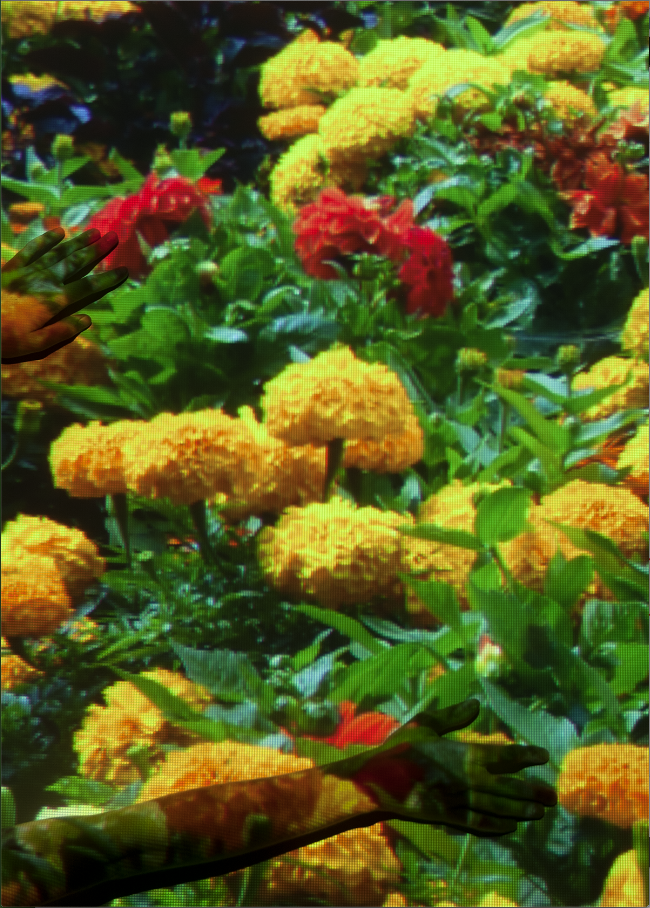
INSCAPE: One of my favorite lines in Salt is “to create is to worship.” How does poetry function as a reverential or sanctifying process in your work?
SUSAN HOWE: That’s a great question. I have said before–and I really believe–that imagination is a part of worship because you have to have the capacity to imagine God or Christ in order to begin to have faith in them. I think the same thing comes into play in imagining a subject for a poem. In making a poem, both the language to embody what I imagine and an emotional identification with the subject have to come together. I have to connect with the subject in a way that matters to me, or I can’t write a poem that will matter to a reader. I can’t just be flip or offhanded, or the poem will be shallow and shrill. I think it is ultimately a form of worship to care deeply about something or someone else. I am always interested in figuring out how to write the spirit, the spirit of oneself and the other. Imagination is what helps me to make that leap in the process of writing. Finding the right language and form for the subject also requires a huge amount of attention.
I: The landscape of Utah, both natural and cultural, are palpably present in Salt. Can you talk about poetry and place and how those have a relationship for you?
H: I have always wanted to be able to evoke the Utah landscape and what the landscape means to me, my neighbors and family, and our local culture in a way that makes it present for others, that makes it vivid and alive for those who have never been here. This is an ongoing concern of mine because I really love my home. Utah is the place I choose to live, my home for most of my life. Its landscape is imprinted on me in ways that affect how I perceive reality–what happens and what can happen in life. What you have to be prepared to face. I really care about evoking that vision in poems. I feel a strong connection to both the plants and the animals. The other day I was driving home to Ephraim and just before Fountain Green there was a herd of sheep on the road. Having to stop for sheep happens to me a couple of times a year, and it makes me so happy! I have to come to a complete stop and let the sheep flow around me. I always feel this is worth stopping for. They are not friendly and cute like family pets but are entirely indifferent to me sitting in my car, and they only care about where they have to go and how to get there. I think there is something that matters about our appreciation for and awareness of animals and plants and the landscape as themselves rather than as our creations or possessions. That authentic otherness is often what I try to write into my poetry.
I: When I was reading the collection it seemed to me that it wasn’t just natural imagery that was being evoked. It was Utah-specific imagery, even country-specific at times. We can reverence the earth and pay tribute to nature in poetry but also there are specific landscapes and cultures that seem to be starkly present. Is that important to you?
H: Yes, I am writing about Sanpete County and Wayne County. Both places offer a harsh though beautiful landscape. Neither is an easy place to live. The climate isn’t tropical and lush; there’s little rainfall, and so the plants and trees tend to be spiked and tough, not flowering and verdant. These are places that require those who enter them to respect both the climate and the geography. Failing to do so can lead quickly to death. That reality informs how I think of life experience. You can “die” emotionally or spiritually as well as physically, so there is an earnestness to my poetry, although lately I have been trying to write against that inclination. I have been writing a lot more lighthearted, less earnest poems.
I: Why less earnest?
H: Because I need that difference in my approach. A poet can write in one vein for so long that her poems become predictable or tedious. I tend toward the weighty, and I think I need to write against my tendencies in order to grow and expand.
I: In Salt there are themes of the domestic, the erotic, familial life, and religious themes. Do you sit down to write poems about these topics, just as you’d possibly sit down to write less-earnest poems, or do you simply sit down to write and these things present themselves?
H: I have to be taken by a subject enough so that it engages my imagination and that I begin to see implications from a variety of different perspectives. Poems don’t always succeed; many of them just die. The ones that do work seem to come alive from more than one perspective. This enables me to find language that has multiple dimensions–that isn’t flat or bald statement. I am looking for language that echoes, creates nuance, shadows, metaphors, implications beyond the flat statement. I stay with my subject for so long in writing a single poem that I have to be very interested in it.



